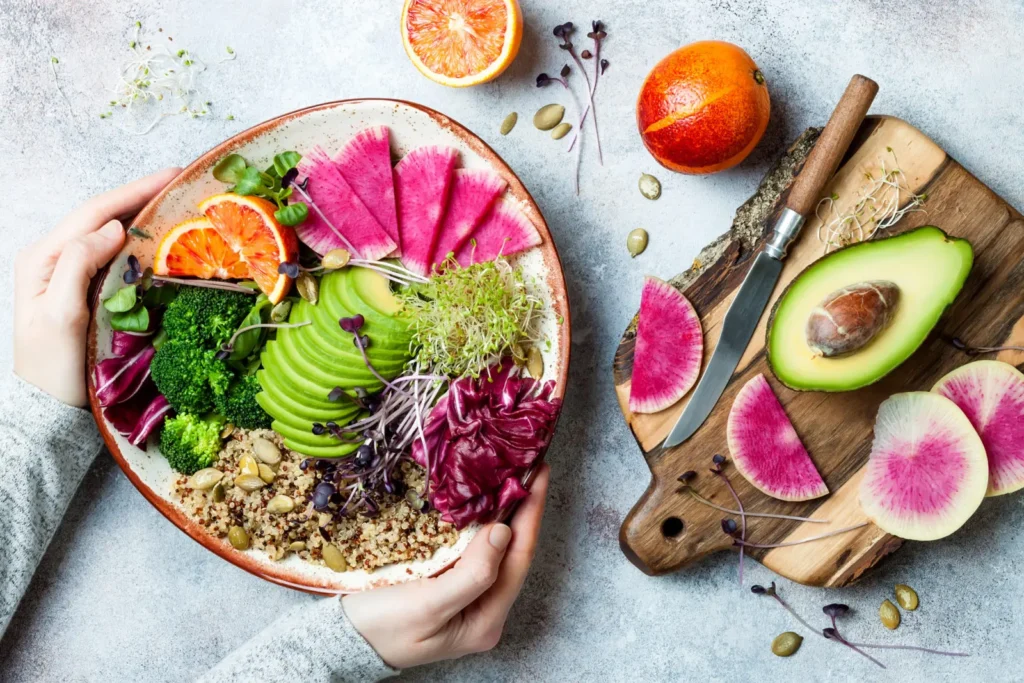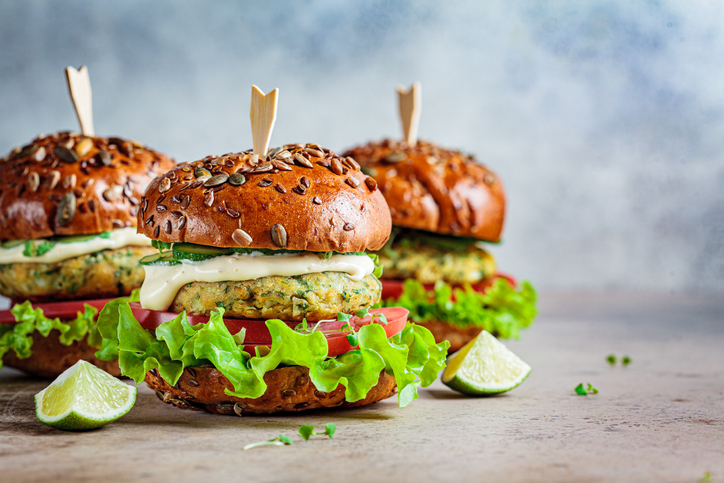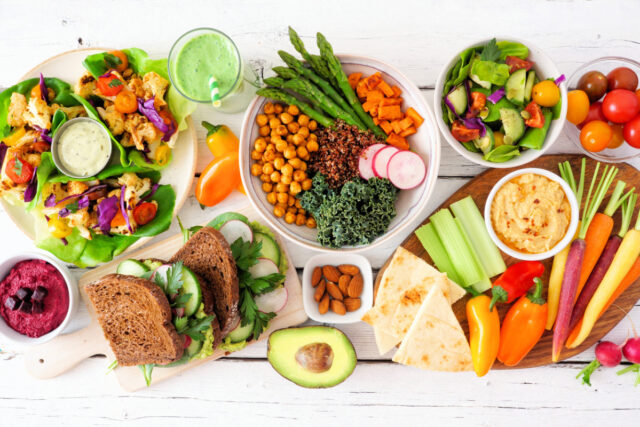If you’re looking to shed a few pounds this year, you might want to consider going plant-based. This is certainly a popular option right now for a number of reasons, not the least of which is the environmental impact of meat production. But how much weight can you lose on a plant-based diet in a week? In this blog post, we will explore this question and provide you with the results of a study that sheds some light on the matter.
What is a Plant-Based Diet?
A plant-based diet is a diet that consists mainly or entirely of plant foods. This means that you avoid all animal products, including meat, poultry, fish, eggs, and dairy products. They are popular because they are thought to be healthy. They can help you lose weight and improve your overall health.
There are many types of plant-based diets to choose from.
The most common type is the vegan diet. This means that you avoid all animal products, including eggs and dairy products. Vegans also avoid processed foods and often rely on plant-based proteins such as legumes, soy products, and nuts.
Another popular type is the vegetarian diet. This means that you avoid meat, poultry, and fish but may include eggs and dairy products. Vegetarians also may eat processed foods, although they tend to be less biased than vegans.
The Benefits of a Plant-Based Diet

There are many health benefits to a plant-based diet, including:
- Reduced risk of heart disease and stroke.
- Reduced risk of some types of cancer.
- Reduced risk of developing type 2 diabetes.
- Reduced risk of obesity and chronic malnutrition.
- Increased intake of important nutrients such as potassium, magnesium, and fiber.
- Increased intake of antioxidants, which protect against diseases such as heart disease, cancer, and Alzheimer’s disease.
- Elimination of environmental pollutants such as heavy metals and toxins that can harm our health.
How Many Calories Can You Burn on a Plant-Based Diet?
A plant-based diet can help you lose weight if you follow the right guidelines. On a plant-based diet, you’ll consume mostly fruits, vegetables, and whole grains instead of processed foods and meat. A study published in The Journal of Nutrition found that people who followed it were able to lose more weight and body fat than those who followed a traditional Western diet. Depending on how active you are, you may be able to burn anywhere from 600 to 1,200 calories per day on a plant-based diet. This number will vary depending on your sex, age, muscle mass, and other factors. To burn these calories, aim to exercise regularly and track your calorie intake closely.
How to Make a Vegan Meal Plan?

If you’re looking to make a significant change to your diet and lose weight, a plant-based diet may be the best option for you. It is made up of foods that are plants rather than animals. This includes vegetables, fruits, grains, legumes, nuts and seeds.
There are a number of ways to make a vegan meal plan. One approach is to focus on filling meals with plenty of vegetables, fruit and whole grains. You can also make sure to include ample servings of nuts and seeds as well as beans and lentils in your daily intake. When it comes to calories, remember to be mindful of how many you’re consuming and make sure the majority of your calories come from healthy sources such as fruits and vegetables.
Another way to make sure you’re enjoying a nutritious vegan meal plan is by incorporating plant-based proteins into your meals. You can include tofu, tempeh, seitan or other soy-based products in your meals throughout the day. There are also a number of plant-based dairy alternatives available including avocado, soy milk, nut milks and coconut milk. When it comes time for snacks or desserts, try out some homemade vegan treats like fruit leathers or fruit bars.
What Foods are Part of a Plant-Based Diet?
This type of nutrition provides all the nutrients your body needs and helps you lose weight by providing fewer calories than food that is made with animal products. Here are some foods that are part of a plant-based diet:
– Vegetables: Vegetables are a big part of a plant-based diet. You can eat them as part of breakfast, lunch, dinner, or as a side dish. Some popular vegetables include: broccoli, Brussels sprouts, cauliflower, turnips, kale, and zucchini.
– Fruits: Fruits are also important parts of a plant-based diet. You can eat them as part of breakfast, lunch, dinner, or as a snack. Some popular fruits include: applesauce, bananas (ripe or not), berries (any kind), cantaloupe, grapefruit juice (unsweetened), honeydew melon, kiwi fruit, lemon juice (unsweetened), mangoes, orange juice (unsweetened), papaya, pineapple, grapes.
– Grain: You can have them as part of breakfast, lunch, or dinner. Some popular grains include: quinoa, oats, bulgur, couscous, rice, millet and sorghum.
– Legumes: Some popular legumes include: black beans, chickpeas, lentils, split peas, soybeans.
– Seeds: Seeds are also important parts of a plant-based diet. Some popular seeds include: chia seeds, hemp seeds and pumpkin seeds.
What Foods Should You Avoid?

Some foods that you should avoid include:
– Processed foods contain high levels of sugar and unhealthy additives.
– Sugary drinks are packed with calories and sugar, which can lead to weight gain and obesity.
– Large portions of high-fat foods can increase your risk for heart disease, stroke, and other chronic illnesses.
So, whether you are on a diet or not, this type of nutritioning is a big NO!
Conclusion
If you’re looking to lose weight, a plant-based diet might be the right choice for you. In this article, we discuss how much weight you can potentially lose in a week on a plant-based diet and what foods are included. We also give tips on how to make the transition to a plant-based diet easier. If you’re interested in learning more about the benefits of a plant-based diet, or if you want to start losing weight gradually and safely, read on!




